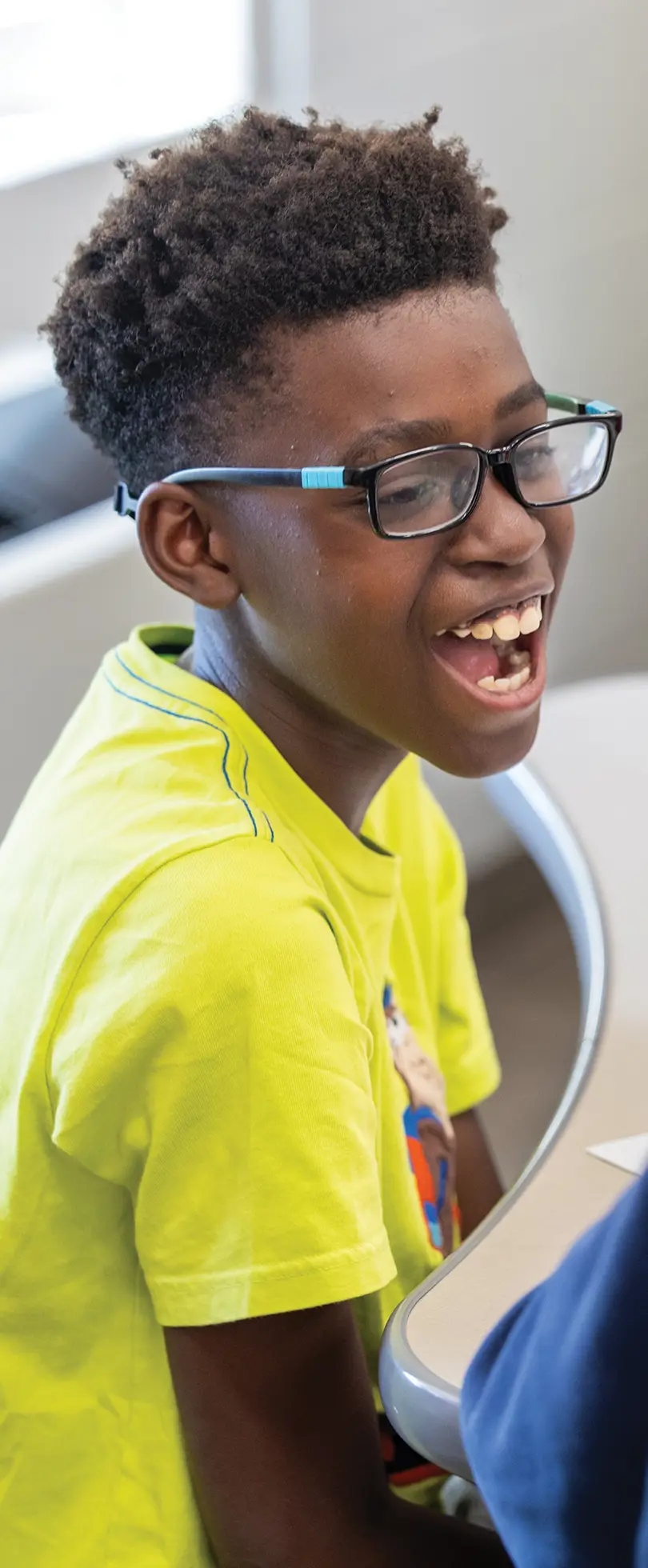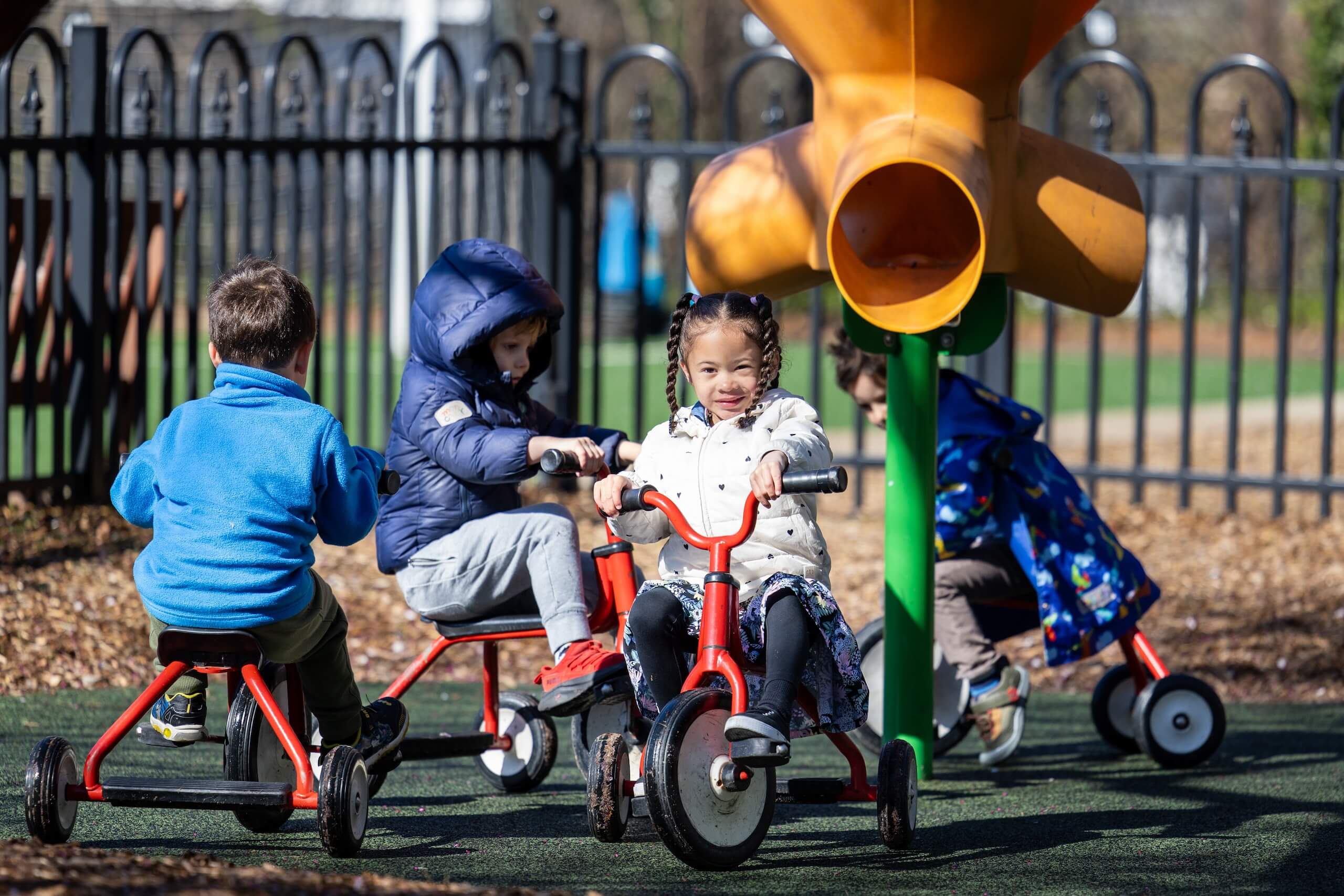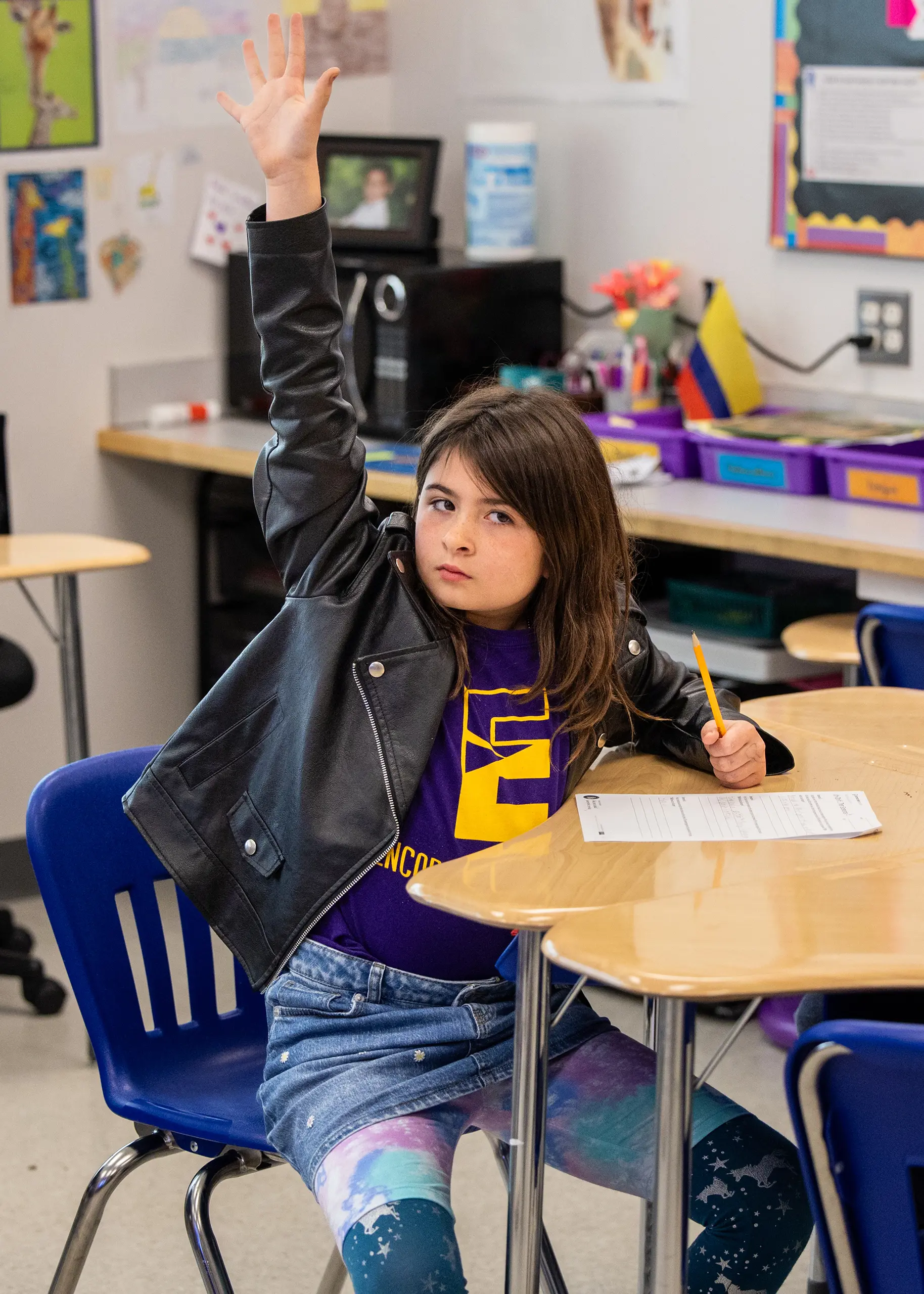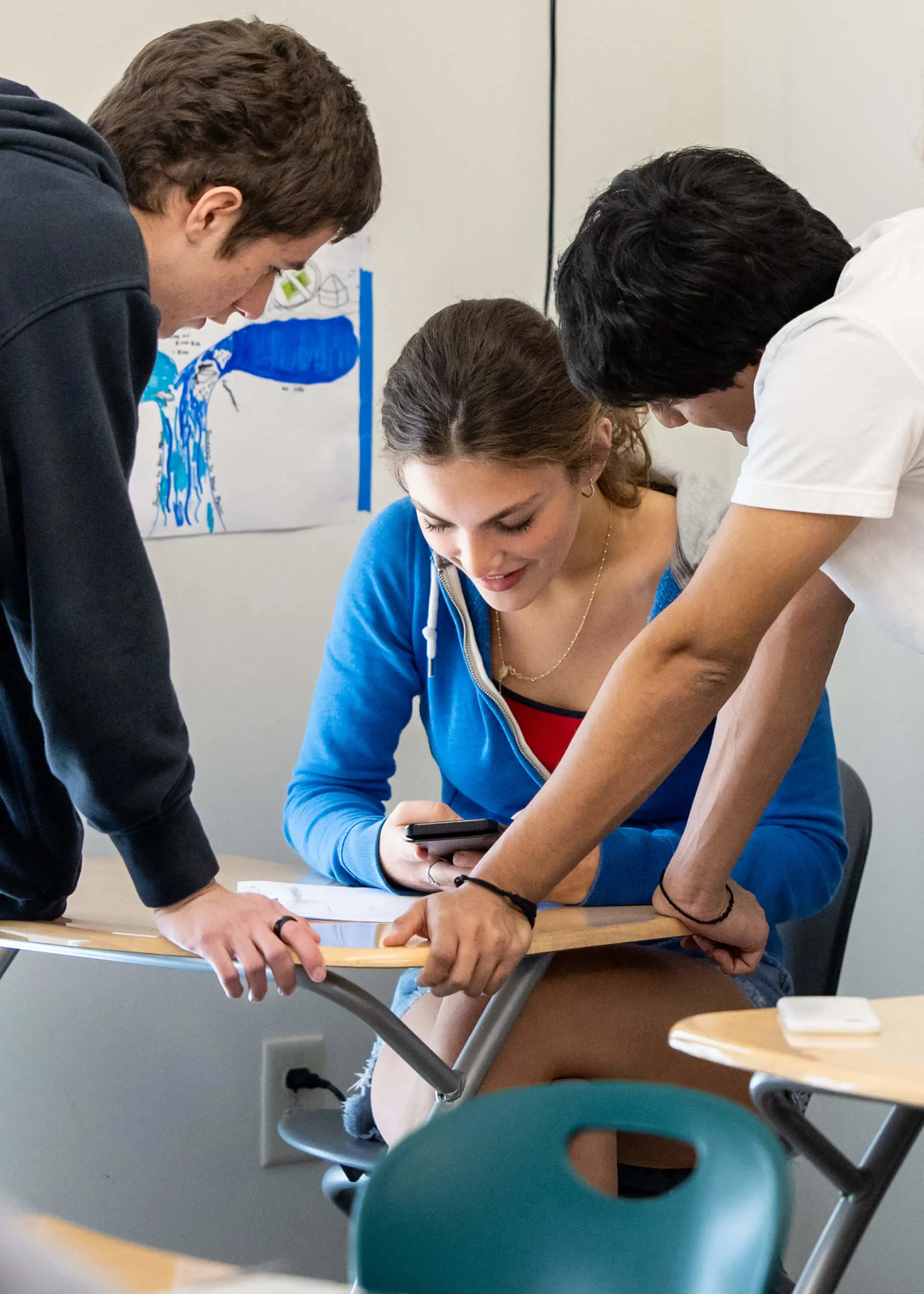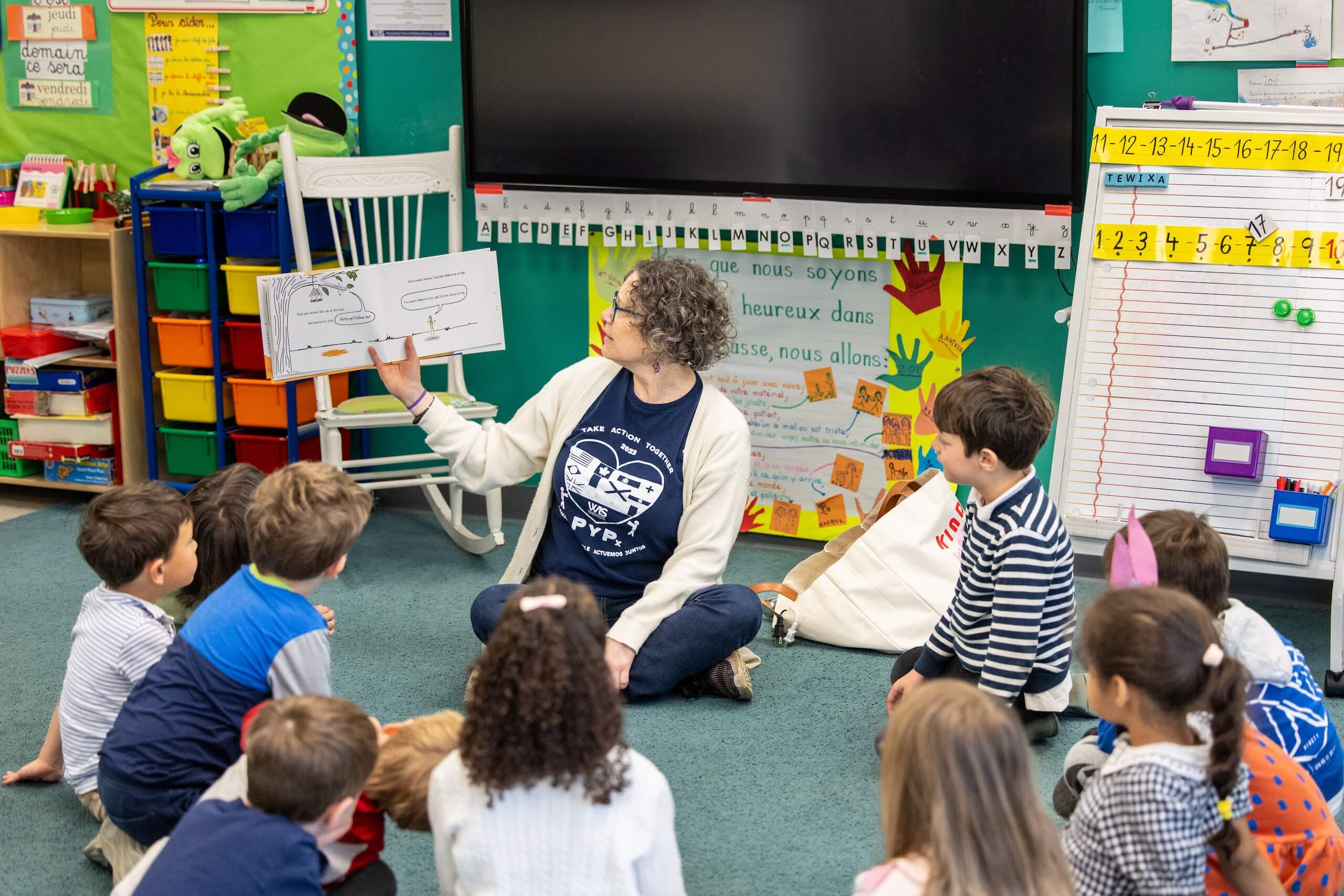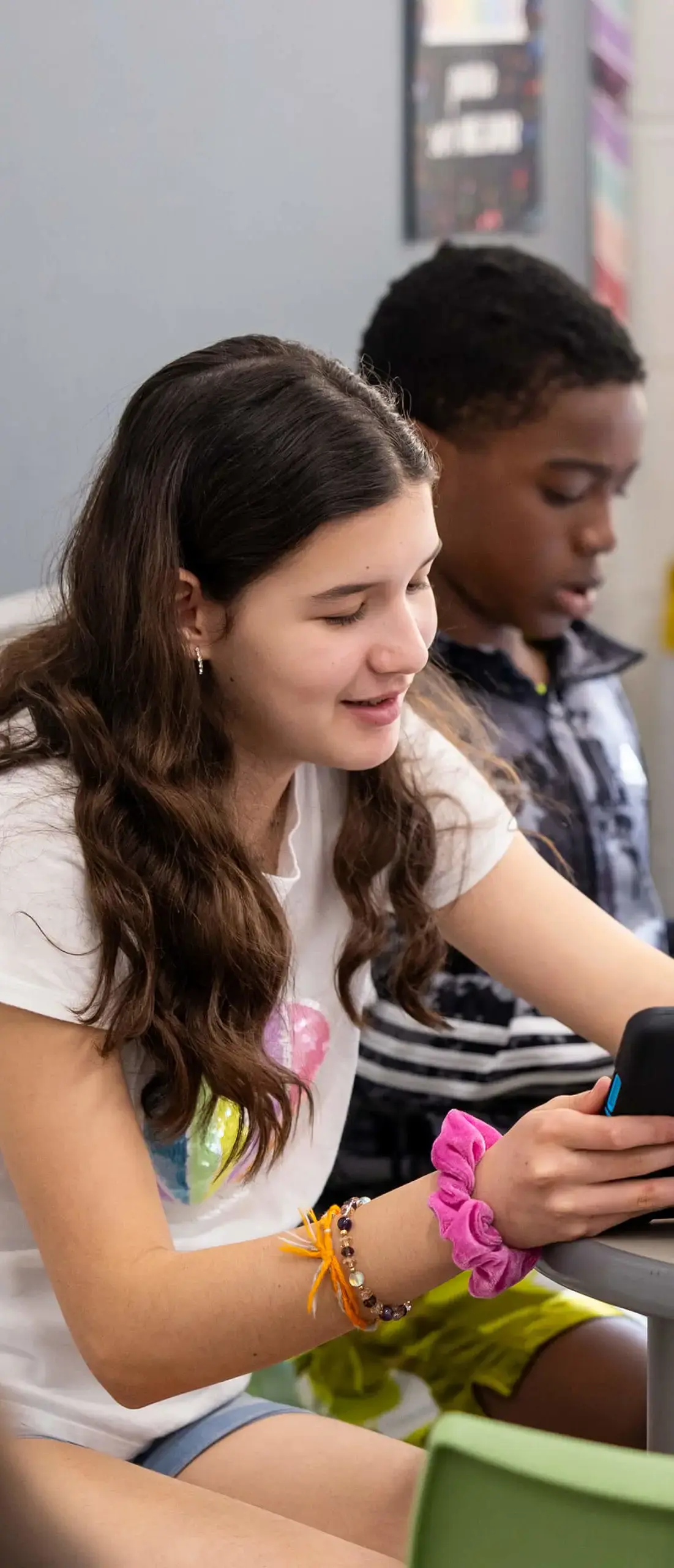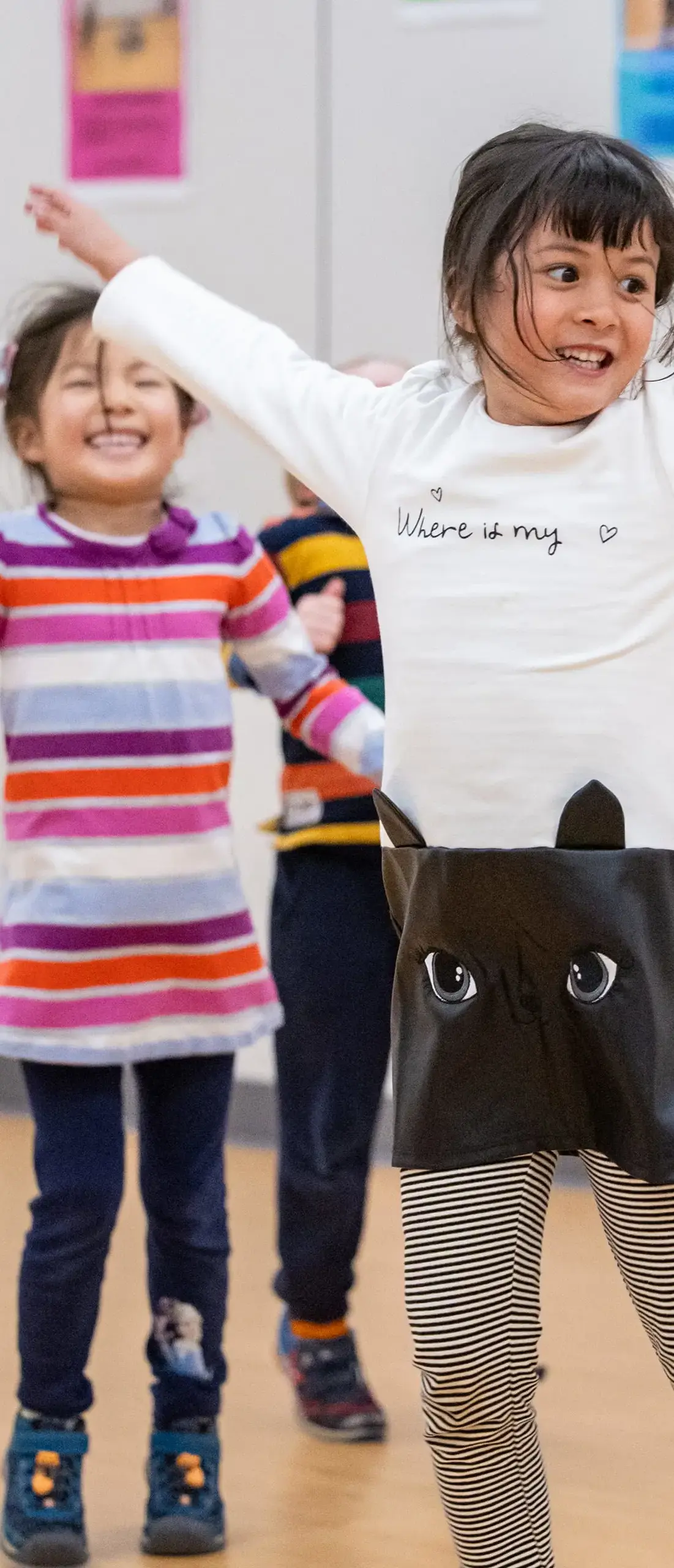Each Unit of Inquiry has a Central Idea. Our teachers then define what areas children will explore (the lines of inquiry) to learn more about that idea.
As an example, Grade 3 students explore the Central Idea “lifestyle choices we make impact our health” in one of their Units of Inquiry, with one line of inquiry looking at choices that impact an individual’s health. Their investigations might incorporate mathematics, science, social studies, language, or more. Because the learning is grounded in real-world examples and problem solving, the information “sticks” and helps children build skills such as reading, reasoning, researching, and communicating.
The IB answers some common questions about the PYP HERE and THIS DOCUMENT highlights ten advantages of learning through this framework. We’ve put together AN OVERVIEW that includes representative examples of the Units of Inquiry for each grade, with details about each unit, as well as an explanation of how maths and science are incorporated.
As a culminating and collaborative activity of the PYP, Grade 5 students design and execute a whole-class project, including written work, oral presentations, technology, and art performances and projects. The Grade 5 Exhibition challenges students to analyze and propose solutions to real-world issues, drawing from what they have learned during their PYP years.
An integral aspect of PYP instruction is the Learner Profile, which comprises 10 characteristics that students strive to develop:
| INQUIRERS |
|---|
| They nurture their curiosity, developing skills for inquiry and research. They know how to learn independently and with others. They learn with enthusiasm and sustain their love of learning throughout life. |
| Knowledgeable |
| They develop and use conceptual understanding, exploring knowledge across a range of disciplines. They engage with issues and ideas that have local and global significance. |
| THINKERS |
| They use critical and creative thinking skills to analyze and take responsible action on complex problems. They exercise initiative in making reasoned, ethical decisions. |
| COMMUNICATORS |
| They express themselves confidently and creatively in more than one language and in many ways. They collaborate effectively, listening carefully to the perspectives of other individuals and groups. |
| Principled |
| They act with integrity and honesty, with a strong sense of fairness and justice, and with respect for the dignity and rights of people everywhere. They take responsibility for their actions and their consequences. |
| OPEN-MINDED |
| They critically appreciate their own cultures and personal histories, as well as the values and traditions of others. They seek and evaluate a range of points of view, and we are willing to grow from the experience. |
| Caring |
| They show empathy, compassion and respect. They have a commitment to service, and they act to make a positive difference in the lives of others and in the world around them. |
| RISK-TAKERS |
| They approach uncertainty with forethought and determination; they work independently and cooperatively to explore new ideas and innovative strategies. They are resourceful and resilient in the face of challenges and change. |
| Balanced |
| They understand the importance of balancing different aspects of their lives—intellectual, physical, and emotional—to achieve well-being for themselves and others. They recognize their interdependence with other people and with the world in which they live. |
| REFLECTIVE |
| They thoughtfully consider the world and their own ideas and experience. They work to understand their strengths and weaknesses in order to support their learning and personal development. |


